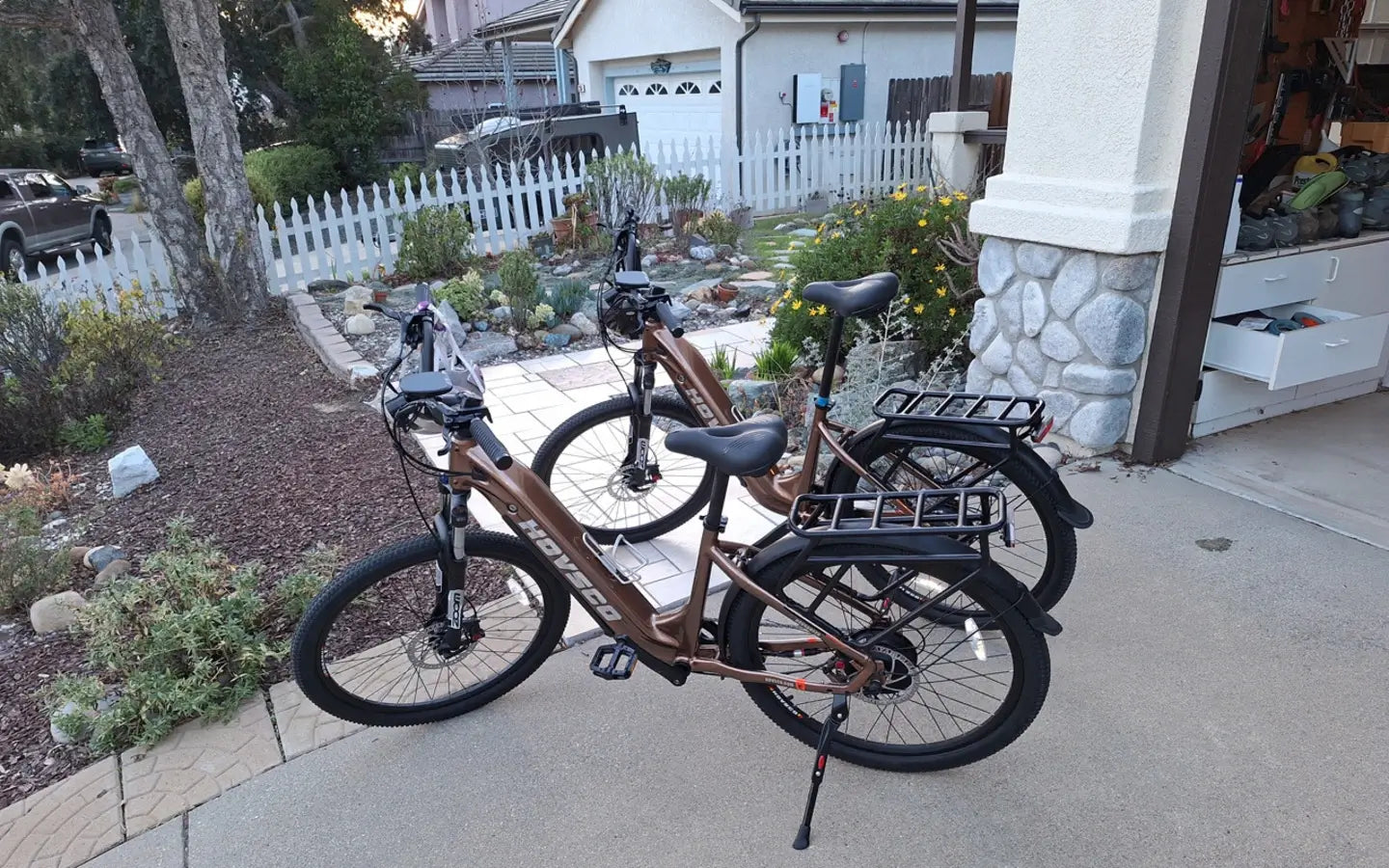
- by LiuJiazhu
Which Is Better: 1000w vs 750w Electric Bike for Adults?
- by LiuJiazhu
Choosing between a 1000w and 750w electric bike for adults hinges on your riding needs: a 750w e-bike offers energy efficiency, longer range, and legal ease, ideal for commuting and moderate terrain; a 1000w e-bike delivers higher power, faster acceleration, and superior hill-climbing, suited for heavier riders and off-road adventures. Both have distinct pros and cons impacting speed, battery life, and cost.
A 1000w electric bike provides more torque (up to 100-120 Nm) and higher top speeds (30-35 mph), enabling quicker acceleration and effortless climbing on steep hills above 15% grade. In contrast, a 750w e-bike typically offers 60-90 Nm torque, top speeds around 25-28 mph, and handles moderate hills up to 10-15% grade efficiently, making it well-suited for urban and suburban environments.
Performance Comparison Chart
| Feature | 750w E-Bike | 1000w E-Bike |
|---|---|---|
| Top Speed | 25-28 mph | 30-35 mph |
| Torque | 60-90 Nm | 100-120 Nm |
| Hill Climbing | Moderate (10-15% grade) | Steep (15%+ grade) |
| Acceleration | Slower (12-15 sec to 20 mph) | Faster (8-10 sec to 20 mph) |
| Ideal Rider Weight | Up to 250 lbs | Over 220 lbs |
| Terrain | Urban, paved, moderate hills | Off-road, steep, heavy load |
750w e-bikes are generally more energy-efficient, offering longer ranges of 40-50 miles per charge under moderate use due to lower power consumption. Conversely, 1000w e-bikes, while more powerful, tend to consume battery faster, yielding shorter ranges around 30-40 miles on similar battery capacity, especially when used aggressively on hills or at high speeds.
Battery Efficiency Chart
| Aspect | 750w E-Bike | 1000w E-Bike |
|---|---|---|
| Typical Range | 40-50 miles | 30-40 miles |
| Power Consumption | Lower (more efficient) | Higher (less efficient) |
| Battery Life Span | Longer | Slightly shorter |
Heavier riders (over 220 lbs) and those frequently tackling steep hills or off-road trails benefit from the extra torque and power of a 1000w e-bike, which maintains speed and reduces strain on the motor. Lighter riders or those mostly riding flat, urban terrain find 750w e-bikes sufficient, enjoying better battery efficiency and easier handling.
750w e-bikes generally comply with Class 3 e-bike regulations in many regions, allowing speeds up to 28 mph and unrestricted access to bike lanes and paths. 1000w e-bikes often exceed these limits, sometimes reaching 35 mph, which may require registration, insurance, or be restricted on certain trails and roads. Riders must check local laws before choosing a 1000w model.
1000w e-bikes typically cost \$300 to \$700 more upfront due to higher power components and heavier-duty parts. They may also incur about 15% higher maintenance costs because of increased wear from higher torque and power output. In contrast, 750w e-bikes offer a more budget-friendly entry point with standard maintenance demands, making them attractive for everyday commuters.
750w e-bikes excel for daily commuting, casual rides, and urban environments where moderate speed and efficiency are priorities. The 1000w e-bike shines for adventurous riders who need extra muscle for off-road trails, cargo hauling, or navigating steep inclines, providing a thrilling, high-performance experience.
When choosing between a 1000w vs 750w electric bike for adults, balance your need for power with practical considerations like range, cost, and legal restrictions. A 750w e-bike is ideal for efficient commuting, lighter riders, and urban settings, while a 1000w bike suits heavier riders, steep terrain, and off-road adventures. HOVSCO’s innovative designs provide options that cater to both preferences, ensuring safety, performance, and style tailored to diverse rider needs.
“HOVSCO emphasizes that the choice between 1000w and 750w e-bikes is deeply personal, rooted in how and where you ride. While 1000w models offer exhilarating power and hill-climbing prowess, 750w bikes deliver superb efficiency and legal ease for everyday use. Our mission is to craft e-bikes that empower riders with confidence and joy, no matter their terrain or style.”
Q: Can a 750w e-bike handle steep hills?
A: Yes, 750w e-bikes can manage moderate hills up to 10-15% grade but may require more pedaling effort on steeper inclines.
Q: Are 1000w e-bikes street legal everywhere?
A: No, some regions restrict or require registration for 1000w e-bikes due to their higher speeds; always check local laws.
Q: Which e-bike has better battery life, 750w or 1000w?
A: Generally, 750w e-bikes have better battery efficiency and longer range due to lower power consumption.
Q: Is the acceleration difference noticeable between 750w and 1000w?
A: Yes, 1000w e-bikes accelerate faster, reaching 20 mph in 8-10 seconds versus 12-15 seconds for 750w models.
Q: Are 1000w e-bikes heavier than 750w?
A: Typically, yes; 1000w e-bikes have larger motors and batteries, resulting in increased weight and less portability.
Share:
What Is the California E-Bike Rebate and Who Qualifies?
How to Choose and Ride a 2000w Electric Bike for Adults: Power, Performance & Practicality